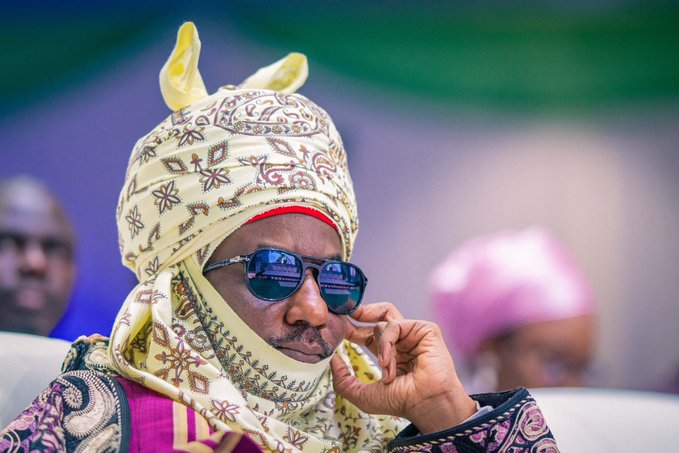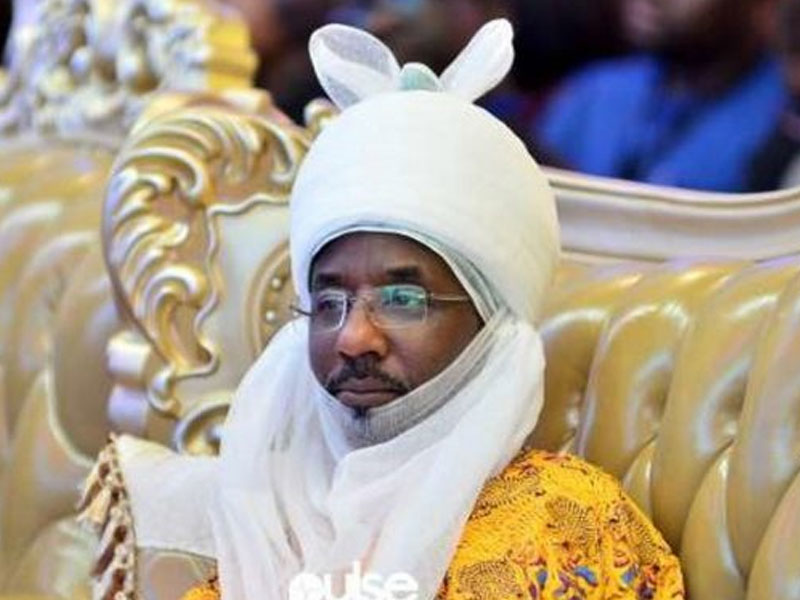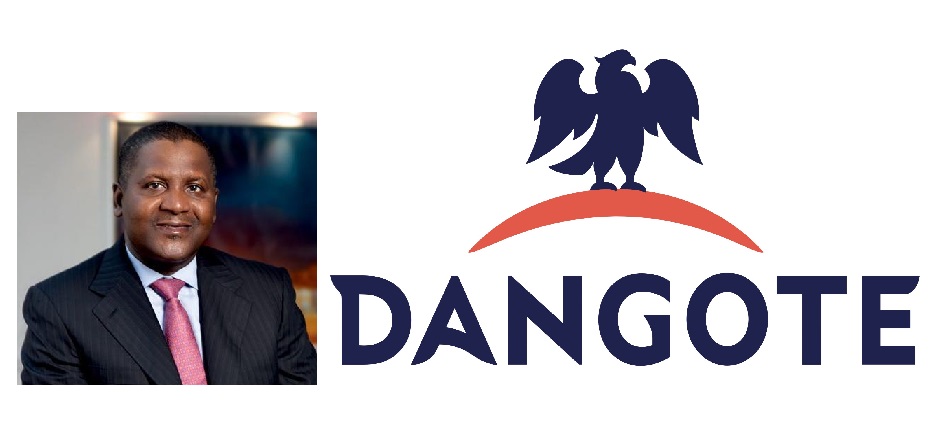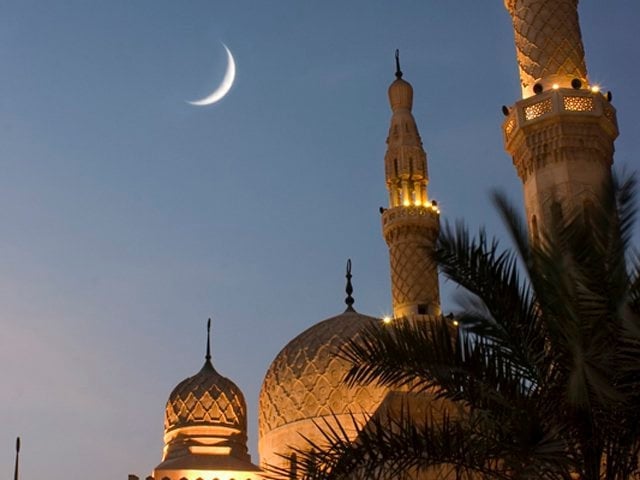Court of Appeal Suspends Implementation of Ruling on Kano Emirate Dispute
In a major legal development, the Court of Appeal sitting in Abuja has put a temporary hold on the enforcement of its January 10 judgment, which had upheld the Kano State government’s decision to repeal the 2019 Emirates Council Law. This ruling had earlier paved the way for Muhammadu Sanusi II’s reinstatement as the 16th Emir of Kano. However, the latest decision means that his return to the throne is now on hold pending the Supreme Court’s final verdict.
The ruling, delivered on Friday, March 14, 2025, by a three-member judicial panel led by Justice Okon Abang, grants a stay of execution. This means that no further actions can be taken regarding the emirate dispute until the Supreme Court issues a conclusive ruling.
The Kano Emirate leadership crisis has been at the center of political and legal battles for over a year, following the Kano State government’s move to dissolve multiple emirates and reinstate Sanusi II, who was controversially removed in 2020. However, his return has been met with stiff legal opposition, leading to a prolonged court battle that now awaits a final resolution at the highest level of Nigeria’s judicial system.
The Court’s Justification for Suspending Sanusi’s Reinstatement
How the Legal Battle Unfolded

The current legal impasse stems from the series of judicial rulings and counter-rulings on the legitimacy of the Kano State government’s decision to dissolve five emirates and reinstate Sanusi II. Here is a timeline of key events in the case:
In June 2024, Justice Abubakar Liman of the Federal High Court in Kano ruled that the Kano State government’s dissolution of the emirates was unconstitutional, thereby reinstating Muhammadu Sanusi II as Emir.
The ruling faced immediate opposition, leading to an appeal filed by stakeholders opposed to Sanusi’s return.
On January 10, 2025, the Court of Appeal overturned the Federal High Court’s ruling, stating that Justice Liman lacked jurisdiction over the matter. This decision nullified Sanusi’s reinstatement and reinstated the legal standing of the five dissolved emirates.
Following this judgment, Alhaji Aminu Babba Dan Agundi, a key traditional leader, filed an injunction request seeking to prevent the Kano State government from enforcing the appellate court’s ruling while awaiting the Supreme Court’s decision.
This legal tug-of-war has now led to the current ruling, in which the Court of Appeal has decided to halt any further action until the Supreme Court weighs in on the case.
Why the Court Granted a Stay of Execution
The Court of Appeal reviewed the case and determined that there were sufficient grounds to suspend the implementation of its earlier ruling. The court agreed that:
There is ongoing legal uncertainty that could escalate tensions in Kano if a clear ruling is not established.
Given that the Supreme Court will have the final say, it is prudent to maintain the status quo rather than risk a scenario where a ruling is implemented and then later overturned.
The case involves significant political and traditional implications, making it necessary to ensure fairness and due process.
Justice Okon Abang, in delivering the ruling, stated:
“The law is settled. The court is enjoined to exercise its discretion judiciously and in the interest of justice.”
The ruling also emphasized that all parties must maintain the “status quo ante bellum”, meaning that no further changes should take place until the Supreme Court gives a final judgment.
Furthermore, the court noted that the applicant, Alhaji Aminu Babba Dan Agundi, had raised valid concerns about the legality of the reinstatement process, particularly given that Sanusi II had already been removed from office in 2020 and replaced by another Emir.
Implications of the Court’s Decision
The Court of Appeal’s ruling has several significant implications, not just for the Kano Emirate but for traditional leadership and political influence across Nigeria.
What This Means for Kano’s Traditional Leadership
Muhammadu Sanusi II’s reinstatement remains suspended – He cannot assume the role of Emir until the Supreme Court makes a final ruling on the matter.
The Kano State government cannot enforce the repeal of the 2019 Emirates Council Law – The status quo remains, meaning that the existing traditional leadership structure remains intact.
Tensions within Kano’s traditional system may persist – With this case still unresolved, political and traditional factions in Kano remain divided over the future of the Emirate.
Broader Political and Legal Ramifications
The ruling reinforces the judiciary’s role in settling traditional leadership disputes.
It highlights the political influence over traditional institutions, as many observers believe that Sanusi’s removal in 2020 and his attempted reinstatement are tied to political rivalries.
The case may set a legal precedent for similar disputes in other states, where traditional rulers have been removed or reinstated based on political maneuvering.
What Happens Next?
With the Court of Appeal stepping back from enforcing its own ruling, all eyes are now on the Supreme Court, which holds the power to deliver a final, binding decision on the matter.
Legal experts believe the case could take several more months before a ruling is reached. In the meantime, the people of Kano—and Nigeria at large—will continue to watch as this historic battle for the Kano Emirate unfolds.
For now, the fate of Muhammadu Sanusi II and the Kano Emirate’s leadership remains uncertain, as the Supreme Court prepares to deliver the ultimate judgment in this high-profile case.
















Got a Questions?
Find us on Socials or Contact us and we’ll get back to you as soon as possible.